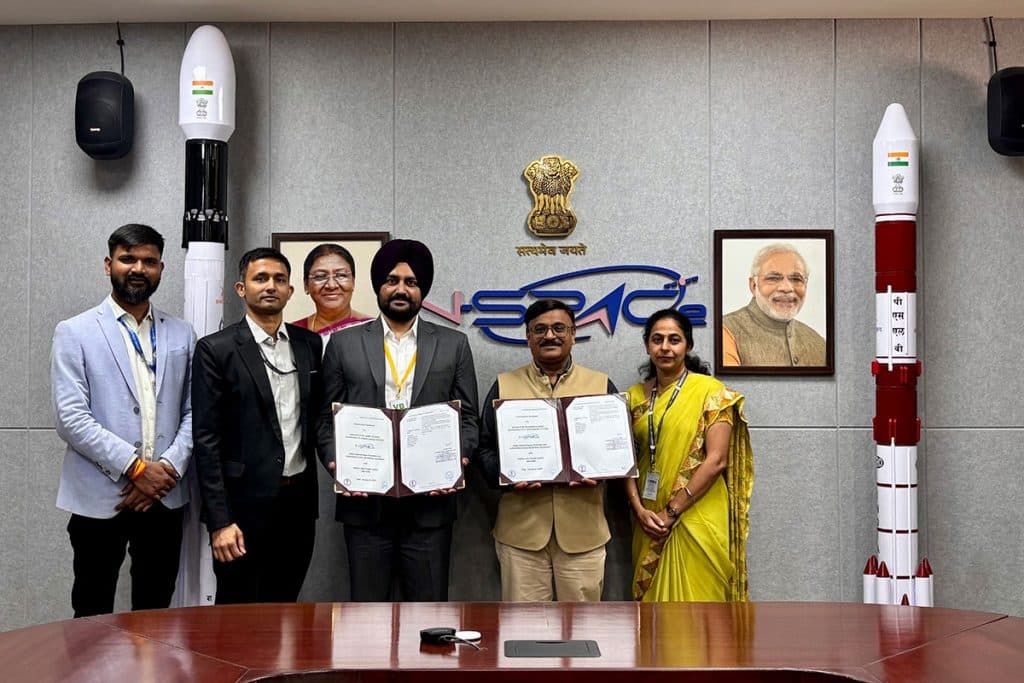Galaxy 19: Audience Research Reveals Strong Viewership in North America
Andrew Haden, Intelsat Product Commercialization Manager, Media
By: Andrew Haden, Intelsat Product Commercialization Manager, Media
North America has long been a hub to a diverse group of immigrant and multicultural communities who are looking to watch content from back home. A recent audience study shows these communities are continuing to grow in the United States, increasing the demand for multicultural and faith-based programming.
Intelsat’s Galaxy 19 (G-19) video neighborhood is the largest independent TV and radio community in North America, with over 160 multicultural and faith-based channels bringing specialty content from 60 countries and 30 languages directly to viewers. The free-to-air platform is home to diverse ethnic bouquets from Globecast, STN and MX-1. This year, the content on G-19 has continued to grow.
Intelsat recently conducted several surveys to better understand the audiences for content on G-19. With programming in 30 languages available on the platform, speakers of each of those languages represent distinct potential audiences. We want to shine a spotlight on the results of two recent surveys, which reveal significant viewership among their respective communities: Arabic and African French speakers living in the U.S.
Arabic
Survey results revealed that 96% of Arabic-speaking households in the U.S. watch Arabic-language programming. Among that group, 40% use G-19 to view Arabic-language programming. In addition to the significant reach of G-19 into the Arabic-speaking community in the U.S., another compelling metric emerged: among the 40% of households using G-19, there is significant viewership among younger audiences:
- 51% report at least one viewer aged 17 & under
- 39% report at least one viewer aged 18-29
- 65% report at least one viewer aged 30-39
African French
A survey of African French speakers (French speakers hailing from French-speaking African countries) revealed a similar story. Members of these communities maintain a strong cultural link to their ethnic roots, with 89% of households reporting that they watch African French programming. Among these households, 34% are using G-19 to watch African French programming. Galaxy 19 has significant reach into African French communities with strong overall viewership. Like Arabic language programming, there is also strong viewership in the key younger demographic groups. Among African French-speaking households who use G-19:
- 42% report at least one viewer aged 17 & under
- 45% report at least one viewer aged 18-29
- 48% report at least one viewer aged 30-39
These metrics are important for multiple reasons. The overall size of audiences and the reach of programming into targeted markets is key in assessing the value of content. Galaxy 19 is performing well in these areas in the markets surveyed, with 40% and 34% of Arabic and African French speaking households utilizing G-19 to access in-language programming, respectively.
Also critical is the question of who is watching. In a complicated media ecosystem dominated by news of the latest technologies and how they’re disrupting the ways in which audiences access content, it is important to use data to answer this question. The data is telling us that younger viewers are watching G-19. Despite the growth of over-the-top (OTT) platforms, Traditional TV still reigns supreme. Arabic and African French speakers in the U.S. report that Traditional TV is their method of choice for viewing video content, and that preference extends to younger members of these households. The presence of OTT platforms and new ways to watch content do not necessarily equate to a parallel decline in traditional viewership, even among younger audiences. This is evident in G-19 audience survey results. Stay tuned for the future release of the full survey findings.
To learn more about Intelsat’s G-19 video neighborhood, visit https://www.intelsat.com/wp-content/uploads/2020/04/intelsat-galaxy-19-product-sheet.pdf.
To learn more about Intelsat Media solutions, visit www.intelsat.com/solutions/media/




















